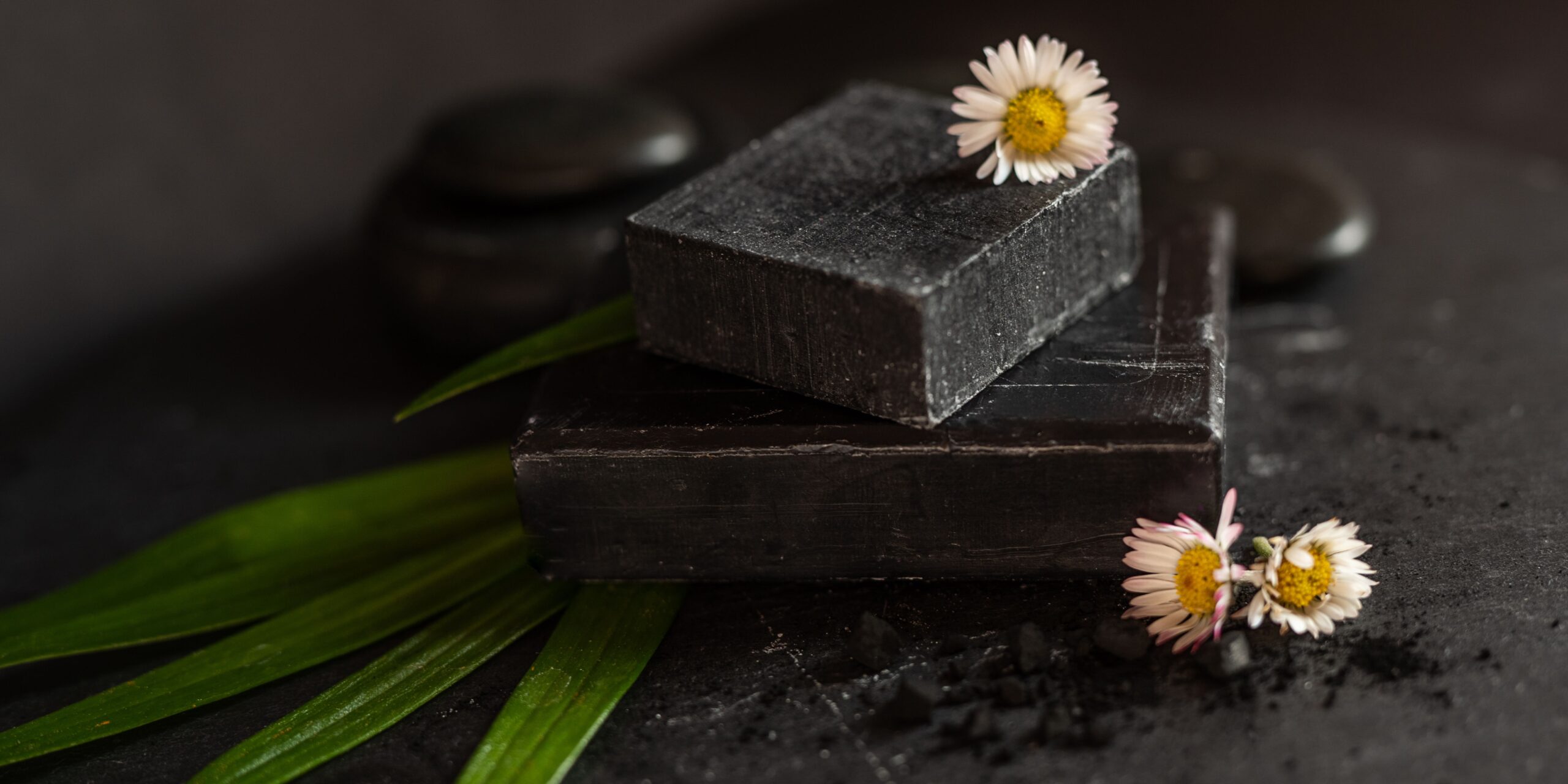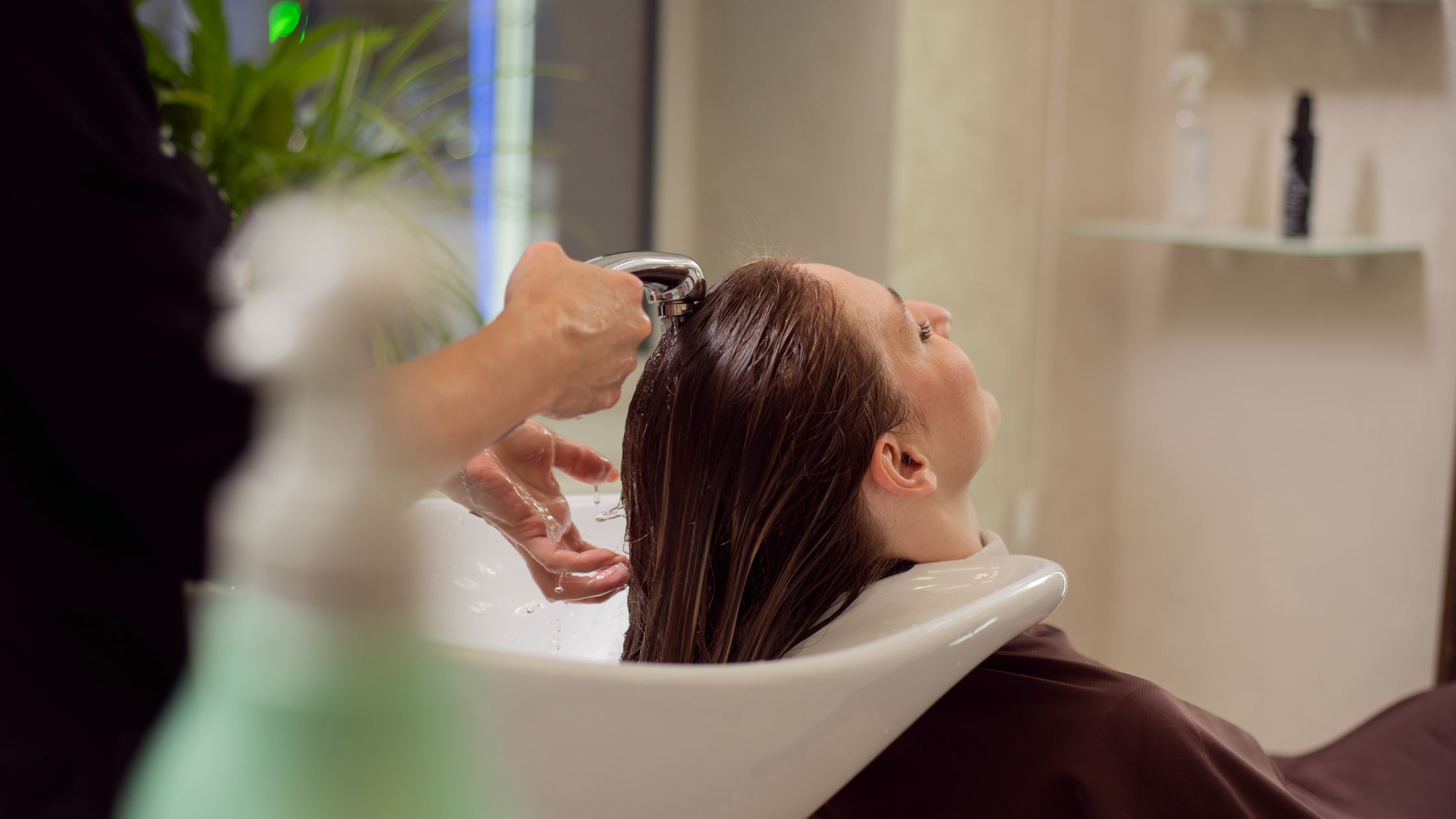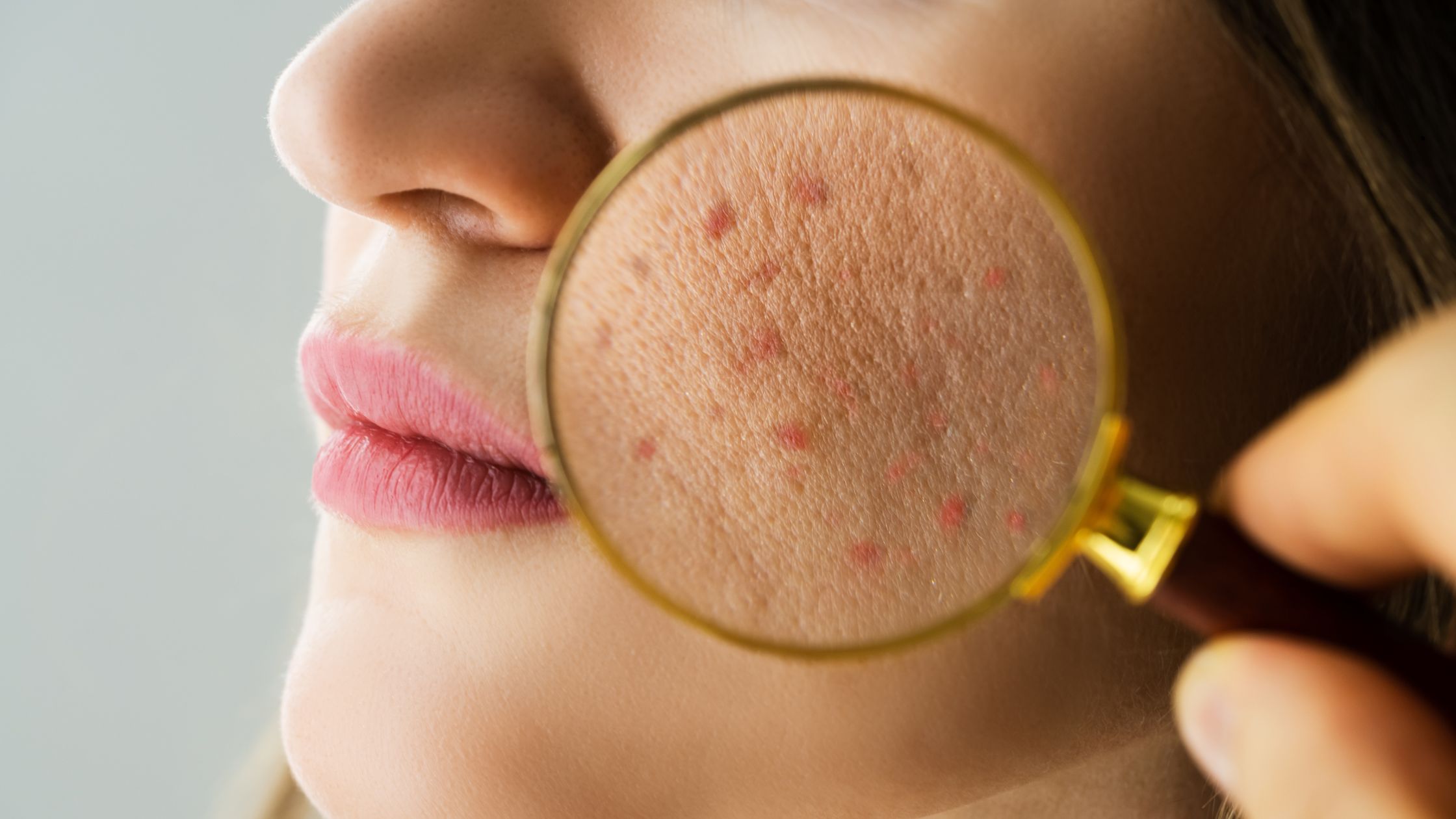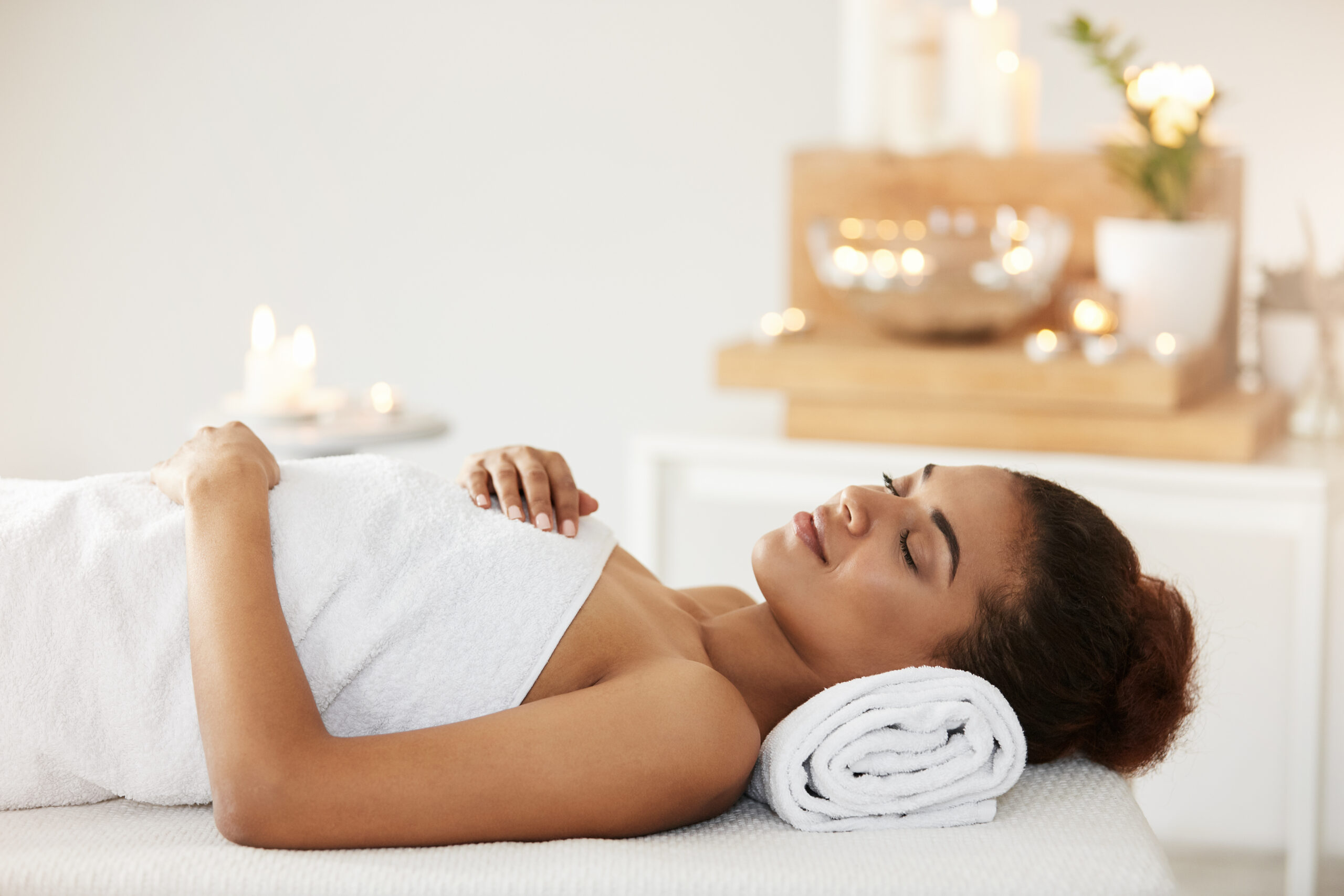For years, people have been raving about these Hammam rituals, these fancy bathhouses where you get scrubbed down from head to toe. But, the real deal in these places ain’t just the fancy steam or the strong masseuses (although, let’s be honest, those are pretty nice too).
It’s this black soap, this dark and mysterious concoction that’s been around for centuries. And let us tell you, this stuff isn’t just good for getting the grime off – the anti-inflammatory properties of black soap used in hammam are noteworthy!
Black Soap: A Blast from the Moroccan Past
This black soap, some folks call it Beldi soap or Savon Noir, has been a mainstay in Morocco for ages. How does it work? Well, imagine big cauldrons bubbling away, filled with olive oil, crushed olives, and even black cumin seeds.
That’s how they traditionally make this stuff, and the cool thing is, the whole process keeps all the natural goodness locked in, including those powerful anti-inflammatory properties of black soap used in Hammam.
The exact recipe can vary depending on where you go, some folks throw in eucalyptus oil for a cooling effect, or argan oil for some extra luxury.
Why Is This Black Soap Efficient For Your Skin?
Now, the real question is, what makes this black soap such a powerhouse against inflammation? To be honest, it’s all about the ingredients that contribute to the incredible anti-inflammatory properties of black soap used in Hammam rituals:
- Olive Oil: This stuff is packed with oleic acid, a fatty acid that science-y folks say helps calm down inflammation. Think of it like a firefighter for your irritated skin.
- Black Cumin Seeds: These tiny black things might not look like much, but they’re loaded with a superhero called thymoquinone. This little guy fights inflammation and even helps protect your skin from damage.
- Eucalyptus Oil (sometimes): This oil is like a minty breath of fresh air for your skin, adding to the anti-inflammatory properties of black soap used in Hammam. It cools things down and helps soothe irritation.
- Argan Oil (sometimes): This luxurious oil is another anti-inflammatory all-star, thanks to its vitamin E and fancy fatty acids, further boosting the anti-inflammatory properties of black soap used in Hammam.
All these ingredients work together like the Avengers of skincare. The olive and argan oil keep your skin nice and moist, while the black cumin seeds and eucalyptus (if it’s there) work their magic to reduce inflammation and irritation, making this black soap a true anti-inflammatory powerhouse used in Hammam rituals for centuries.
Black Soap’s Anti-inflammatory Mojo in Action: Soothing Skin Concerns
So, how does this anti-inflammatory provide real-life benefits? Well, it turns out black soap can be a real champ for a bunch of skin woes, thanks to its anti-inflammatory properties:
- Eczema and Psoriasis: That itchy, red, scaly skin? Black soap might be able to help soothe it thanks to its anti-inflammatory and moisturizing powers.
- Acne: Breakouts got you down? Black soap’s antibacterial and anti-inflammatory properties could be your secret weapon by calming things down and fighting the bacteria that cause those pesky pimples.
- Irritated Skin: Shaving rash? Sunburn? Black soap’s gentle exfoliation, combined with its anti-inflammatory magic, can help calm that angry skin down.
The Hammam Ritual: Where Black Soap’s Anti-Inflammatory Properties Shine

Now, the real magic of this black soap’s anti-inflammatory properties comes alive during a traditional Hammam ritual. Imagine this: you’re in a steam room, all hot and sweaty, your pores are wide open and your skin is nice and soft.
Then, a skilled attendant comes in and slathers you with a generous layer of black soap. They let it sit for a bit, letting all that goodness with its anti-inflammatory properties soak in, before coming back with a special exfoliating mitt.
This is where the real magic happens. They scrub away the soap, along with all the dead skin cells and dirt you didn’t even know you had.
This process helps the soap’s active ingredients penetrate even deeper, making those anti-inflammatory properties even more effective. After a good rinse, you might even get a relaxing massage with some fancy oils.
Let me tell you, by the end of it, your skin will feel softer, smoother, and soothed like a baby’s behind, thanks to the powerful anti-inflammatory properties of black soap used in Hammam rituals.
Black Soap Beyond the Hammam: A Modern Take on an Ancient Tradition
While the Hammam experience offers the ultimate pampering session to reap the full benefits of black soap’s anti-inflammatory properties, you can still incorporate this wonder ingredient into your home skincare routine. Here’s how to turn your bathroom into a mini-Hammam:
DIY Hammam Steam:
No fancy steam room? No problem! Mimic the pore-opening effects with a hot shower or bath. Let the steam fill the bathroom for 10-15 minutes, allowing your skin to soften and absorb the upcoming black soap treatment.
Lather Up with Black Soap:
Now for the star of the show! Wet your skin and apply a small amount of black soap. Unlike regular bar soaps, black soap tends to be a bit softer and can be more paste-like. Don’t worry about creating a massive lather; focus on getting a thin layer onto your skin.
Gentle Exfoliation is Key:
Here’s where things differ from the traditional Hammam scrub. Instead of a harsh mitt, opt for a softer washcloth or a gentle exfoliating glove. Make circular motions as you buff away dead skin cells and impurities. The key is to be gentle; you don’t want to irritate your skin.
Rinse and Rejuvenate:
Thoroughly rinse off the black soap with warm water. Pat your skin dry with a soft towel, avoiding harsh rubbing. Now, here’s where you can add a touch of luxury – moisturize with a lightweight lotion or oil suitable for your skin type. This step helps lock in the hydration and keeps your skin feeling soft and supple.
Black Soap Precautions: A Patch Test is Your Friend
While generally considered safe for most skin types, it’s always wise to do a patch test before slathering black soap all over your face. Apply a small amount to your inner forearm and wait 24 hours. If you experience any redness, irritation, or burning, it’s best to avoid using black soap on your face.
Black Soap – Not a Magic Bullet, But a Natural Ally
Remember, despite the anti-inflammation properties of black soap used in hammam, it isn’t a miracle cure for all skin woes. However, it can be a powerful natural addition to your skincare routine. Consistent use, combined with a healthy lifestyle and proper hydration, can help keep your skin calm, soothed, and glowing.
So, ditch the harsh chemicals and embrace the ancient wisdom of the Hammam with this unique black soap. Your skin will thank you for it!
To experience the full benefits of black soap, consider visiting a traditional Hammam like The Old Hammam & Spa. Here, you can enjoy a luxurious bathing ritual that will leave your skin feeling cleansed, invigorated, and renewed.







